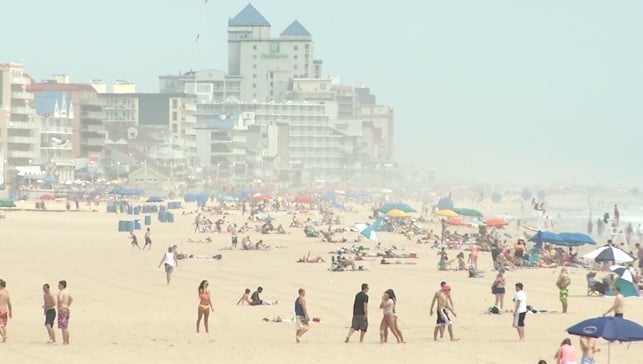BHM: Black Incarceration
DELMARVA – Reformists say that black people face an immense history within the prison system.
One that many feel can’t be changed. “The jail system has been used systematically the way of actually enslaving and oppressing the African-American community,” said
Currently, according to the Federal Bureau of Prisons, Black individuals make up 38% of the prison population. Reformists say high incarceration rates stem from post-slavery times. “War on Drugs had a disproportionate impact on our Black communities where you had stricter sentences, longer sentences that took them away from their families, that ruptured the family structure in comparison to their white counterparts,” said Dorian Rogers.
And continuing since then Dr. Ezekiel Ette says having black people behind bars has taken so much from the community. “They take away your right to vote they take away your vote to actually do certain things because you became a convicted felon and sue you cannot participate fully in the life of your society in the life of your community and so it affected the black family it affected your ability to get a job it affected your ability to get education,” said Dr. Ette, with Delaware State University.
And even before black people get into prison, they can face issues with law enforcement. “When it comes to being searched or seized without the proper protocols same place that’s just one avenue. When we talk about the school-to-prison pipeline, where the interactions with teachers and administrators with black and brown students quite frankly isn’t as equal to the treatment of white counterparts,” said Rogers.
However, to thrust the Black community forward, NAACP representative Dorien Rogers says it will take everyone to look in the mirror. “We need to take ownership of our communities again and that means that we need to uplift our intersectional use we need to recognize that it’s not a one side versus another side it’s us,” said Rogers.
Rogers says it will take working with local organizations and schools to see a change.
Another issue Rogers mentions is when different epidemics hit the black community it was different for white communities. He names the crack epidemic as an example saying that when black people consumed it, it was a crime.
But when white people did so, it was generally considered a mental health crisis.


